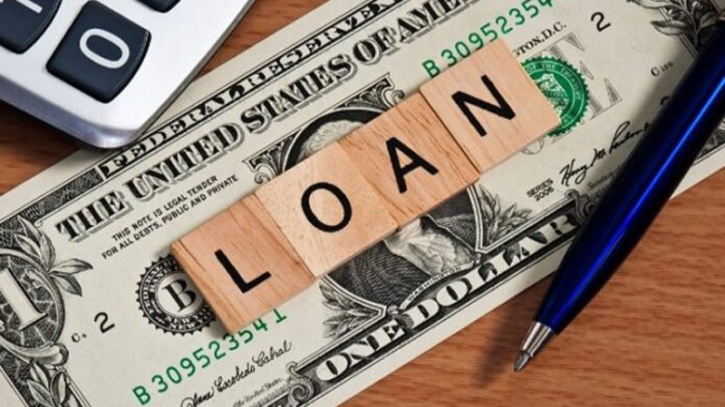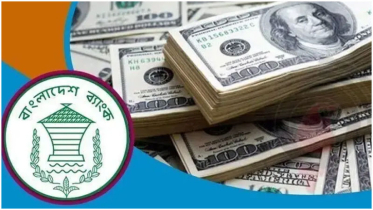Pakistan has to repay $10bn by July

Pakistan’s central bank has reported that the country has to meet $10bn billion foreign debt obligation in June and July 2024, which is building pressure on government high-ups to look for loan rollovers as well as arrange financing to repay it on time.
At present, Pakistan’s foreign exchange reserves stand at $9 billion, which are even lower than the debt obligation for the next two months. This leaves a very limited room for the government to settle debt with the current reserves and liberalise imports to give a fresh push to the economy.
Optimus Capital Management Head of Research Maaz Azam recalled that Pakistan had borrowed $3bn from friendly countries including Saudi Arabia and the United Arab Emirates (UAE) between June and July 2023.
It was followed by the receipt of the first $1bn tranche of International Monetary Fund (IMF)’s loan in July 2023, which took foreign exchange reserves to around $8bn from around $4bn in June last year.
The multilateral and bilateral assistance of $4bn in June and July 2023 may be part of the potential rollover and repayment in June and July this year.
“In June 2024 alone, we have to repay around $6.7 billion in principal debt, of which around $4 billion is expected to be rolled over,” Azam projected.
This is the time (June-July 2024) when Pakistan expects to secure the next IMF loan programme of $6-8 billion for three to four years. It needs the bailout to ensure foreign debt repayment without any interruption and get a cushion to prop up economic activities through financing imports.
According to the State Bank of Pakistan (SBP) and JS Global Research data published on Monday, the country is required to repay and roll over a total of $27.52 billion over a period of 12 months (May-April 2024-25).
Central bank data breakdown suggests that the government was obliged to repay $1.72 billion in May 2024. Later, in June and July 2024, it will have to repay and get rolled over $10.21 billion.
Apart from that, the country would have foreign debt obligation of $15.59 billion for the period from August 2024 to April 2025.
The data further showed that the total debt obligation of $27.52 billion for 12 months included $23.95 billion in principal loan repayment and another $3.57 billion in interest cost.
Azam said the government was engaged in talks with the IMF to secure the new loan programme after the standby arrangement of $3 billion concluded in April 2024.
“The next IMF programme will ensure loan rollovers and repayments for the next three to four years (which covers the duration of the bailout package),” he pointed out.
However, the IMF’s conditions for the programme will be tough such as increase in energy tariffs, rupee depreciation and the elevated interest rate, all of which will put a strain on economic activities amid less-than-required foreign exchange reserves.
Though a section of economists have opposed the new loan in a bid to avoid increase in inflation and poverty, and demanded a homegrown economic roadmap to steer out of the economic and financial crisis, any delay in securing the loan will increase the risk of default on foreign debt and mount pressure on the rupee against the US dollar and other foreign currencies.
The IMF has assumed that the Pakistani currency will depreciate to Rs329 against the dollar in 2024-25 compared to the existing level of Rs278/$. The government, however, disagrees with the fund as it calculates the rupee-dollar exchange rate at Rs295/$ for the FY25 budget.
.png)




